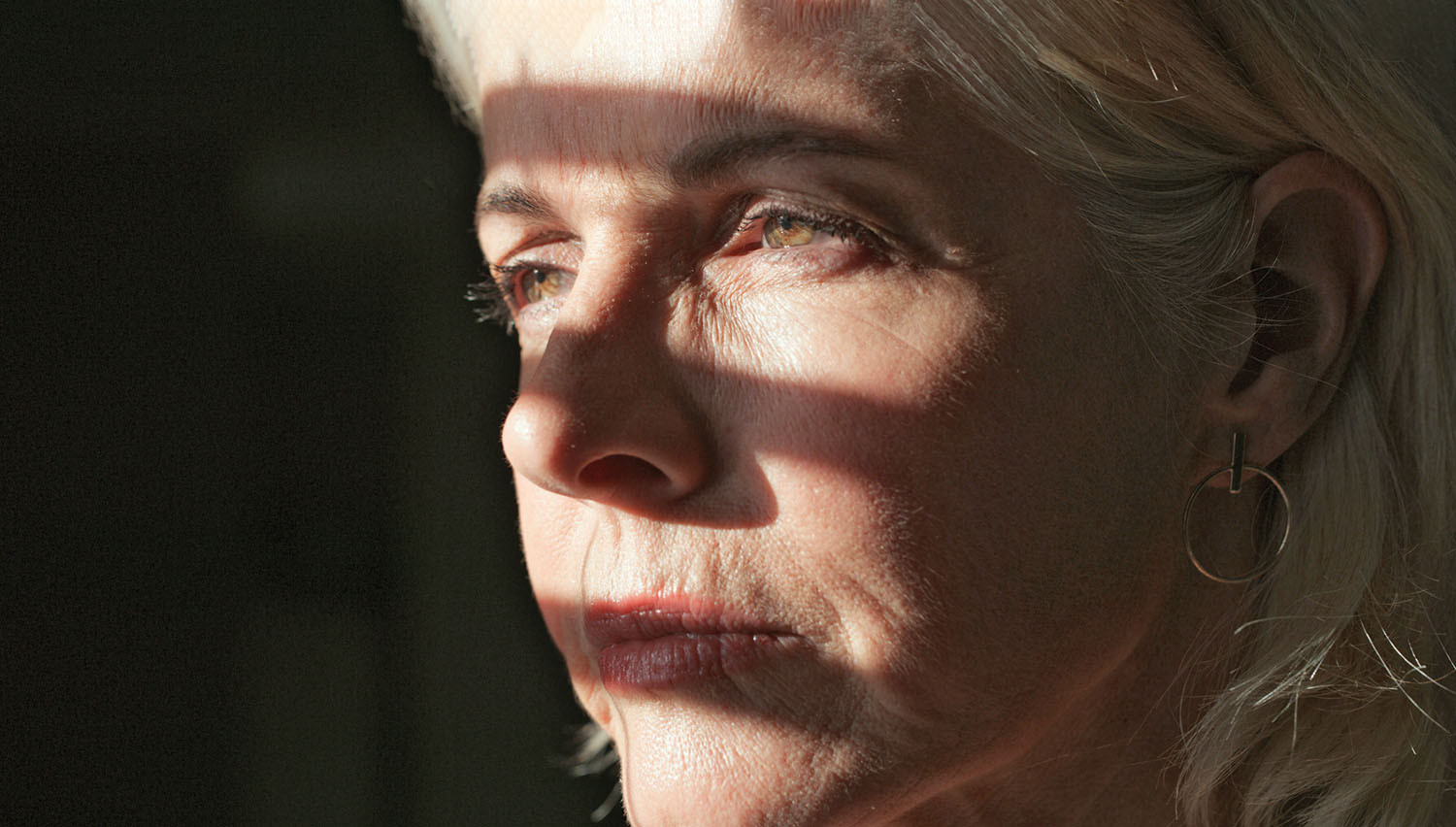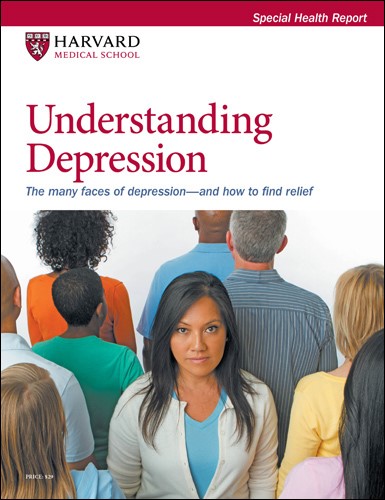Summertime blues?
Seasonal affective disorder doesn't strike only in winter. Here's how to fight back if lack of sunshine isn't the culprit.
- Reviewed by Toni Golen, MD, Editor in Chief, Harvard Women's Health Watch; Editorial Advisory Board Member, Harvard Health Publishing; Contributor

"Summertime, and the living is easy." These timeworn lyrics set a tone for us to savor the long-awaited slice of year when we can typically count on sunshine and warmth. But it's not quite that simple for people coping with an often unrecognized version of seasonal affective disorder known as summertime SAD.
SAD is marked by depressive symptoms at a specific time of year. Classic SAD occurs in late fall or winter when sunlight levels plummet and gloomy days dominate. For a sliver of the 2% of people who develop SAD over their lifetime, however, these symptoms clash with the arrival of beautiful weather, fun outdoor activities, fragrant greenery, and vacation escapes.
"Depression may be triggered by a loss, divorce, or other stress, but often happens without precipitant. That's different from a seasonal pattern," explains Dr. Ken Duckworth, assistant clinical professor of psychiatry at Harvard Medical School and chief medical officer for the National Alliance on Mental Illness. "But the idea that it comes with a seasonal component is actually empowering."
Symptoms to watch
Long-established evidence blasts the stereotype — reinforced in popular culture, such as in the classic film It's a Wonderful Life — that suicidal thoughts spike during the winter holidays. "Everyone thinks the highest suicide rate is at Christmas, but it's in April," says Dr. Duckworth. Similarly, summertime or "reverse" SAD occurs contrary to usual seasonal timing. "If you know you're vulnerable in summer, you can plan for it," he says.
As with depression in general, however, SAD strikes women more often than men. The season-led shift from cold to warm can also sink the mood in ways more concerning than a mere case of summertime blues. These summer SAD symptoms resemble overall depression signs:
- irritability
- anxiety
- appetite changes
- low energy
- trouble concentrating
- sleep changes
- feeling hopeless or worthless.
Importantly, though, reverse SAD sometimes differs from winter-driven depression with opposite symptom patterns related to eating and sleeping, Dr. Duckworth notes.
"Classic depression symptoms are sleeping too little, eating too little, and losing weight," he says. "But many people with summertime SAD sleep something like 17 hours a day and put on 20 pounds."
Warm-weather triggers
A harbinger of winter SAD is a steady drop in natural light, which is thought to disrupt the body's built-in 24-hour clock, along with the brain's ability to process serotonin, a chemical influencing mood. But in summer, people are exposed to many hours of daylight, so "the working assumption is that light isn't the problem," Dr. Duckworth says.
So what else might contribute to summertime SAD?
Disrupted routines. Sticking to comforting routines is known to be crucial to depression management, but summer can upend day-to-day life.
Intolerable temperatures. Similarly, hot and humid weather has its haters — and steamy temperatures drive many people indoors, where they avoid mood-boosting exercise.
Amped-up social pressure. Winter can promote cozy hibernating and quell the urge to socialize. (The pandemic certainly reinforced this tendency.) But invitations to barbecues and parties often stack up in the warmer months. Paradoxically, these social pressures can provoke mood-tanking awkwardness.
Theories abound, but ultimately, scientists aren't completely certain why SAD can strike in summer. "The key is to understand what's unique to you," says Dr. Duckworth.
Tactics to try
Use these measures to combat summertime SAD:
Lean in on treatment. People who take antidepressants shouldn't pick spring or summer to decrease their dosage, and extra therapy appointments might be in order. Also, "if you've suffered a loss in summer and realize that time of year is a trigger, it's a good time to join a grief group," Dr. Duckworth says.
Revise routines. Tame overwhelming amounts of "together time" with kids or other family members by lining up more child care and sharing carpooling duties. Fall back on tried-and-true ways to regain control over your days, such as setting reminder alarms and keeping a family schedule.
Double down on exercise. Milder days can be ideal for swimming, brisk walks, and bike rides, but don't become a couch potato if heat and humidity drive you inside. Burn off stress in indoor gyms or pools, or with home-based exercise equipment.
Image: © Kobus Louw/Getty Images
About the Author

Maureen Salamon, Executive Editor, Harvard Women's Health Watch
About the Reviewer

Toni Golen, MD, Editor in Chief, Harvard Women's Health Watch; Editorial Advisory Board Member, Harvard Health Publishing; Contributor
Disclaimer:
As a service to our readers, Harvard Health Publishing provides access to our library of archived content. Please note the date of last review or update on all articles.
No content on this site, regardless of date, should ever be used as a substitute for direct medical advice from your doctor or other qualified clinician.
















